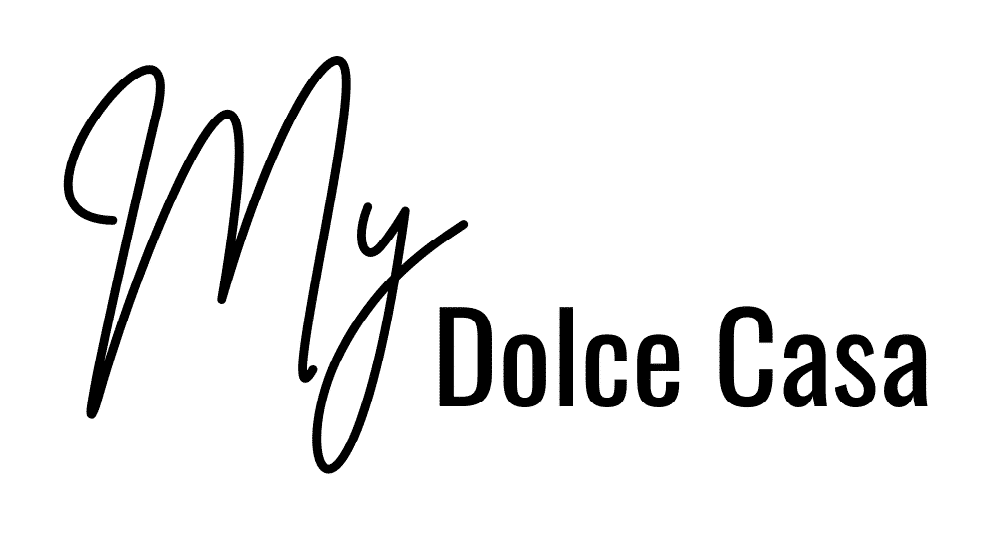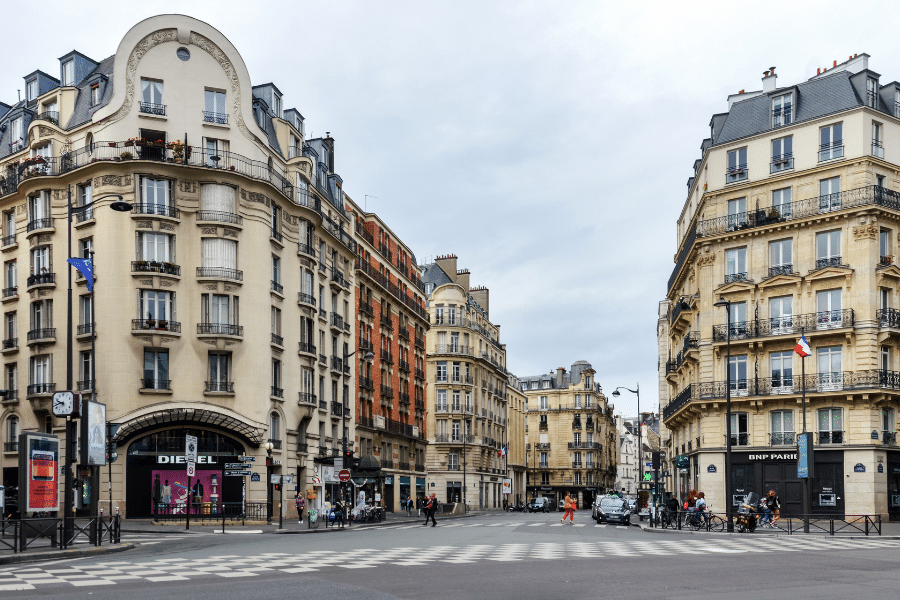One of the first things you will want to do as an expat on your arrival in France is to open a French bank account. A bank account is often necessary if you are planning to rent or purchase real estate in France. It also makes everyday transactions such as paying utility bills, much easier.
Having said that, it is not a legal requirement that you do so. It could be more costly and more complicated if you do not open one, but you can continue to use your bank account from your home country.
Both residents and non-residents of France are entitled to open a French bank account and it doesn’t matter whether you own property or not. As a new resident in France, you will have the right to open a bank account and this is a straightforward procedure.
How to choose a French bank
There are certainly plenty of banks to choose from in France as there are more than 500 different international, regional and private banks. It is possible to open an account before your arrival in France.
Many multinational banks have branches in France. These include Bank of America, AXA Banque, Citibank, Goldman Sachs (subsidiary) HSBC, JP Morgan Chase Bank and Banque Lazard just to name a few. So, you may choose to move your existing account(s) to one of the French branches with the advantage that these branches all have English-speaking staff.
The country’s national bank is Banque de France. Other large French banks include BNP Paribas and Banque Populaire. Britline is the English-speaking department of Crédit Agricole, a popular French cooperative bank. Société Générale is another popular bank with expat residents in France.
Other banks that offer a similar service for those who need time to improve their French include Banque Populaire and BNP Paribas, one of the country’s largest banks that also has a global operation.
It is a good idea to spend some time researching what the different banks have to offer as important factors such as costs and ease of access do vary, as does the range of services offered to customers.
Book an appointment to open a bank account in France
Once you have decided where you would like to open your bank account, you will need to make an appointment to do so. This can usually be done online or by telephone and this provides the ideal opportunity for you to discuss your banking requirements face–to–face.
What are the main types of bank accounts in France?
1. Current account (Compte Courant)
This is a straightforward checking account that can be used for managing your money and this type of account usually has no fees. There are several specialist current accounts that are attractive to certain types of bank customers such as non-residents and students.
2. General savings account (Livret)
This type of bank account is ideal for saving money. Funds can easily be transferred between this account and your current account. There is easy access to money held in this account. The tax-free savings account is called Livret A.
3. Long-term savings account (Compte d’Epargne Logement)
This type of account is ideal for saving for larger purchases such as a property as it pays higher rates of interest.
Many banks also offer offshore bank accounts and these are ideal for people moving to France, but working abroad or spending time in a variety of countries. This type of account makes it easy to transfer money between countries – with the added bonus of lower rates of taxation.
What documents are required to open a French bank account?
Living as a foreigner in France, when you visit your chosen bank to open an account, you will be required to present the following documents:
- A valid passport or national ID card
- Proof of address in France (such as a utility bill or your rental contract)
- Proof of income (such as a payslip, bank statements or tax return) or reference from your employer or cash guarantee
- Current visa if you are from the United States, UK or another non-EU country
Learn more about how to obtain a French visa, residency and citizenship.
It is important to find out when you make your appointment whether you will need to provide an authorized translation of any of these documents, as these will need to be made by a translator registered with CEDESA.
During your interview with the bank you will be given all the information for setting up online banking and you will be able to order your new debit card.
What services do French banks offer to foreigners?
The French banking service is impressive and highly developed, so you will find all the banking services that you may need. Online banking is readily available and mobile apps can be used for convenience. Some banks offer free online banking but do charge for other services. This is well worth checking before signing up.
Another convenient banking option that can be set up in advance from the United States is to open an account with an online or mobile bank operating in France. These banks are very convenient as you can access your account 24/7 and cross-border payment transactions are easy to do. Online and mobile banks in France include: Hello Bank, LeoPay, N26, and Revolut.
Waiting for approval of your French bank account
Once you have submitted your application to open a bank account, you will have to wait to receive approval from the bank. This usually takes less than a week, but during busy times can take up to 14 days.
Once you have received approval, you will be given a bank account number, debit card and checkbook – yes the French still use checks for many transactions. Once you have all of these, you can begin to use your new bank account. You will definitely be impressed by the service you get from your French bank.
Learn more about the French culture and customs, and the most surprising things about living in France.



